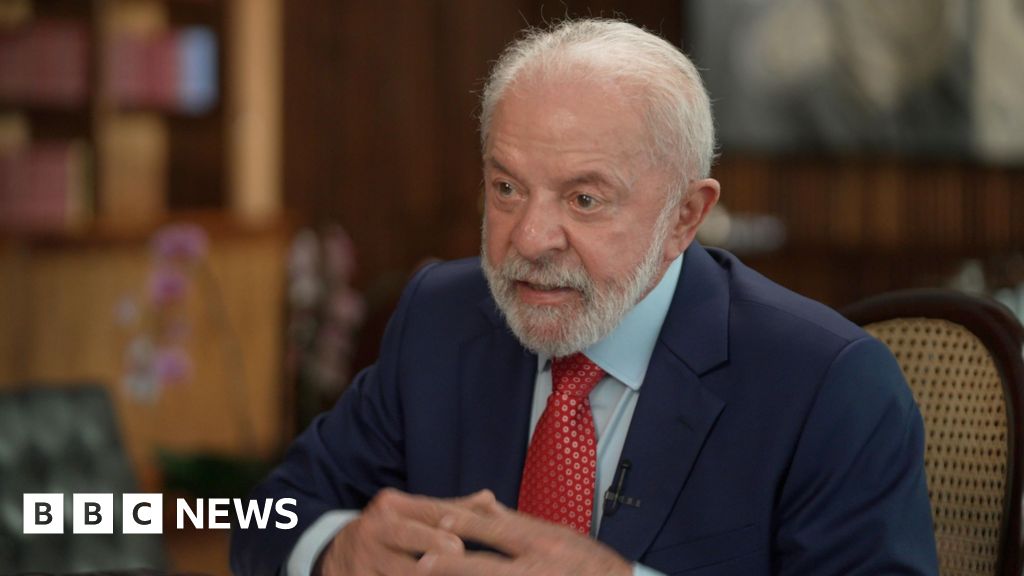The privately educated are tightening their “vice-like grip” on some of the most powerful and influential roles in British society, such as FTSE 100 chairs, newspaper columnists and BBC executives, a report has found.
Those in the most important positions are five times as likely to have attended private school than the general population, showing it is still possible to “buy advantage”, according to the Sutton Trust.
Since 2019, the number of privately educated elites has barely changed and in some fields is growing, the report found. The social mobility charity said it was a “disgrace” that most of the country’s top jobs were still dominated by privileged people.
Overall, senior armed forces personnel were the most likely to be privately educated, with 63% of officers of two-star rank (major generals and equivalents in other services) and above attending a fee-paying school, a rise of 14% compared with six years ago.
This was true of a similar proportion of judges, at 62%, followed by male cricketers at 59%, despite independent school attendance being 7% across the population.
In business, of the FTSE 100 chief executives who were educated in the UK, 37% attended private school, while this was true of 68% of their chairs after those who were educated abroad were stripped out, making it the most privately educated profession in the report. This represented a 15% rise in six years.
Nearly a quarter of MPs and half of the House of Lords were privately educated, and that was also true of half of newspaper columnists – up 7 percentage points since 2019 – 47% of political commentators and 45% of podcasters.
Only three categories were below the national average – male professional footballers at 5%, female professional footballers at 4% and the Northern Ireland assembly, where nobody attended a fee-paying school.
The report also revealed stark figures on the proportion of the elite who attended Oxbridge, with three-quarters of senior judges attending either Oxford or Cambridge, compared with only 1% of the population.
Those institutions were also dominant among senior civil servants, with 66% of permanent secretaries being Oxbridge graduates.
About a third of charity chief executives were privately educated and a fifth attended Oxbridge, showing that even the third sector is not immune to elitism.
Nick Harrison, the chief executive of the Sutton Trust, said: “It’s a disgrace that most of the top jobs in Britain are still dominated by those from privileged education backgrounds, representing a small fraction of the wider population.
“Little progress has been made in opening up positions of power, with those from private schools maintaining a vice-like grip on the most important roles.
“In 2025 you can still buy advantage, massively increasing your chance of getting into the most powerful roles in the country. This is grossly unfair, and a waste of talent on a huge scale. If we want a fairer country and a stronger economy, employers and policymakers must take responsibility for levelling the playing field, where privilege is no longer a passport to power.”
The charity is calling on the government to make it compulsory for organisations with more than 250 employees to report their class pay gaps to tackle access and progression problems.
The Sutton Trust said in order to find talented individuals and “build a better pipeline of leaders”, employers should also look at education achievements in the context of disadvantage, including attending underperforming schools and less advantaged neighbourhoods, as well as looking beyond a narrow range of universities.
Carl Cullinane, the director of research and policy at the Sutton Trust, said “too often, social class is not included” in the diversity conversation.
He added: “Making the most of talent, wherever it comes from, means employers can move beyond a narrow cohort of candidates from the most advantaged backgrounds. This can be a win-win for employers, society, and the economy.”



Comment ×